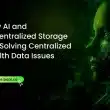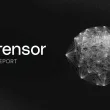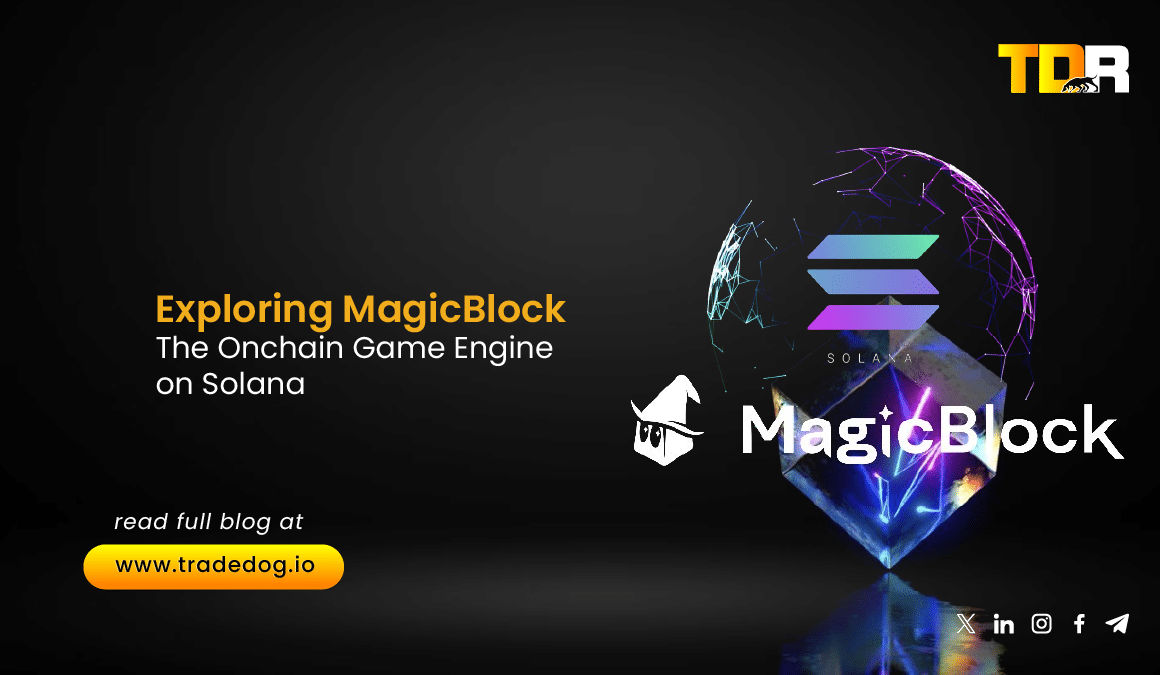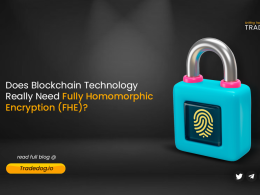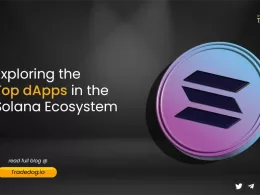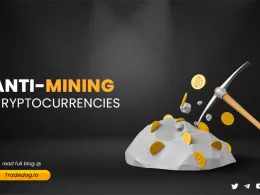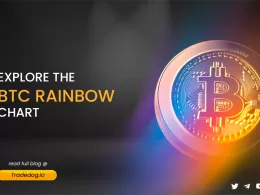Quick Links
The world of blockchain gaming is rapidly evolving, with developers constantly pushing the boundaries of what’s possible. One of the most exciting areas of development is the emergence of full-chain game engines, which allows games to be built entirely on-chain, without any external dependencies.
Traditional game development relies on a mix of centralized servers and blockchain technology. While blockchain offers benefits like verifiable ownership of in-game assets, it often struggles with scalability, leading to issues like slow transaction times and high fees. On-chain game engines aim to address these limitations by enabling developers to create games where the entire game logic and state reside directly on the blockchain.
However, building fully on-chain games comes with its own set of challenges. Primarily, blockchains often have limitations in terms of transaction speed and throughput. This can lead to lag and a poor user experience for fast-paced games.
MagicBlock emerges as a potential solution to these challenges. Built on the Solana blockchain, known for its high transaction speed and scalability, MagicBlock leverages a unique architecture called Ephemeral Rollups (ERs) to enable high-performance, on-chain games.
What is MagicBlock?
MagicBlock is a game development engine built on Solana. It provides developers with the tools and functionalities needed to create secure, scalable, and feature-rich on-chain games. Recently, MagicBlock showcased its capabilities at a Demo Day event organized by a16z, where they demonstrated a fully on-chain game running entirely on Solana with minimal lag, even with multiple players participating simultaneously. This achievement highlights the effectiveness of MagicBlock’s core technology: Ephemeral Rollups.
Source – MagicBlock
Key Features of MagicBlock
- BOLT: It is a framework that uses the Entity Component System (ECS) pattern, and streamlines the development of on-chain games. It allows developers to create modular, reusable, and extensible game components and logic quickly.
- SOAR: Standing for Solana On-chain Achievement & Ranking, SOAR is a reputation system that enables developers to define achievements based on on-chain activities, track and display user rankings, and deploy rewards.
- Session Keys: MagicBlock has added support for session keys in the Solana Unity SDK, eliminating the need for repeated wallet pop-ups during frequent in-game interactions while maintaining security.
What are Ephemeral Rollups?
Ephemeral Rollups (ERs) are specialized secondary layers built on top of the Solana Virtual Machine (SVM) and they act as the heart of the entire architecture.
Here’s how they work:
State Delegation: Developers begin by delegating specific accounts from existing Solana smart contracts to the MagicBlock Engine. This delegation temporarily transfers the state to an auxiliary layer, known as an ER, which processes transactions at a higher throughput.
Locked Accounts: During this phase, the delegated accounts are locked but remain readable on Solana. This allows other transactions, such as token minting, to access the locked state and interact with it in real-time.
State Integrity: While the game state resides in the ER, the underlying assets (tokens, NFTs) remain on the Solana base layer. This ensures that all programs and assets retain their composability with the broader Solana ecosystem and benefit from the security of the mainnet.
Finalization: Once the ER finishes processing a specific game state, the validator commits the state transitions and verifies them on the Solana mainnet. Finally, control of the delegated accounts reverts to the original program, maintaining state integrity.
Why Choose MagicBlock for Building Solana Games?
Several promising on-chain game engines exist in the Ethereum space like MUD, Keystone, and Dojo, but MagicBlock offers a distinct advantage: its approach to composability. Traditional on-chain game engines often deploy games on separate rollups, leading to fragmentation challenges and hindering seamless interaction between games and applications.
MagicBlock tackles this issue by keeping assets on the Solana mainnet. This allows for atomic composability, where transactions involving multiple games or applications can be settled simultaneously. Additionally, MagicBlock offers high throughput through ERs, customizable runtimes, and the ability for games to interact seamlessly without additional interoperability solutions.
Conclusion
MagicBlock is emerging as a transformative force in the blockchain gaming sector, the continued development and optimization of MagicBlock will likely unlock new possibilities for both gaming and non-gaming applications on Solana. As the first wave of projects starts to adopt this engine, its impact on the broader blockchain ecosystem will become more evident, potentially setting new standards for on-chain development. MagicBlock’s future holds promise for promoting innovation and expanding the horizons of what can be achieved in the realm of decentralized applications.

